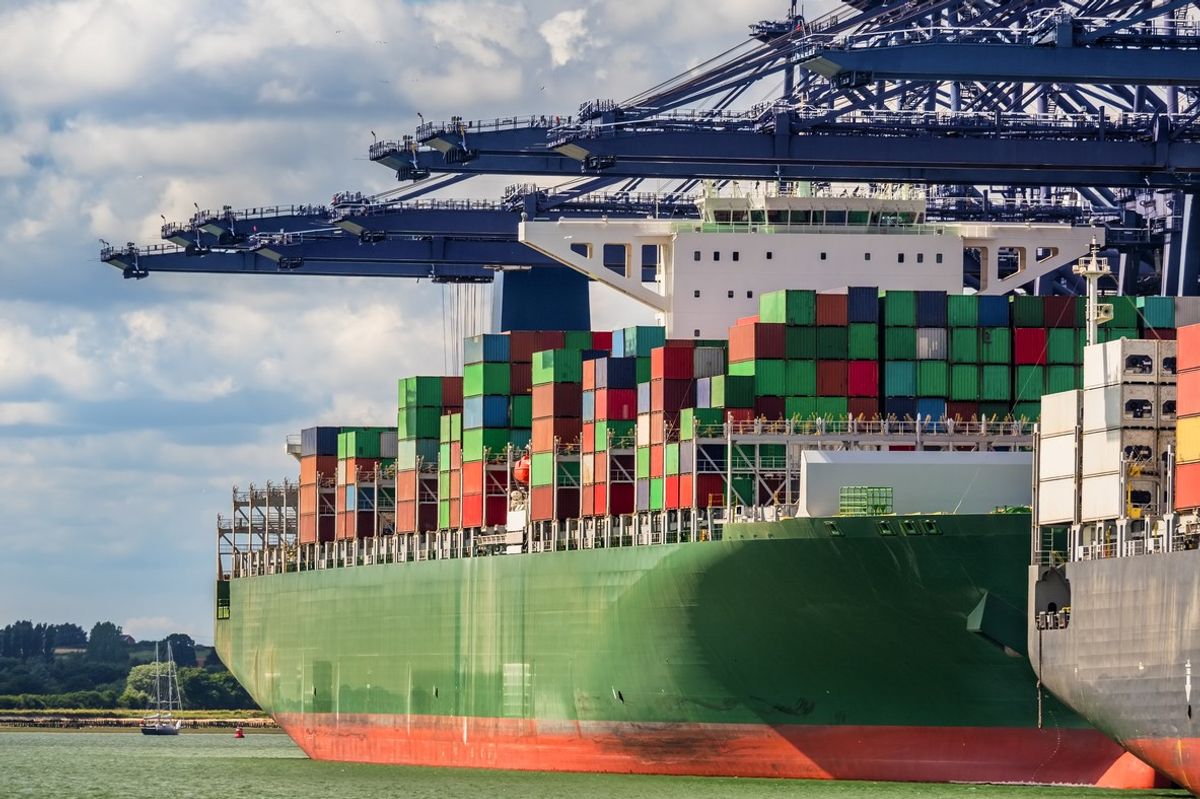In a move aimed at boosting economic growth and benefiting UK businesses and consumers, the government has temporarily suspended the UK Global Tariff on 89 everyday essential products, including spices and juices.
This action is projected to save UK businesses at least £17 million annually through lower import costs.
The products include plywood and plastics, which are essential for construction – making life easier for chippies all over the country.
Tariffs will now be cut to zero until July 2027.
The savings to businesses on products such as pasta, fruit juices, coconut oil and pine nuts could be passed onto consumers just in time for the summer season, the government said, resulting in lower food prices in supermarkets, restaurants and pubs.
Products including agave syrup, often used in margaritas, and plant bulbs will also see tariffs removed meaning keen cocktail-makers and amateur gardeners could enjoy lowered costs as the warmer weather approaches.
“Free and open trade grows economies, lowers prices and helps businesses to sell to the world, which is why we’re cutting tariffs on a range of products. From food to furniture, this will reduce the cost of everyday items for businesses, with savings hopefully passed onto consumers,” business and trade secretary Jonathan Reynolds said.
Chancellor of Rachel Reeves added: “In a changing world we know families are anxious about the cost of living, and businesses uncertain about their future. That’s why we’ve announced lower prices on imports of everyday essentials - helping businesses to thrive and pass on savings to customers.
“Through our Plan for Change we’re supporting British business and putting more money in people’s pockets.”
The UK Global Tariff applies to goods entering the UK that do not qualify for preferential treatment under, for example, a free trade agreement.
Businesses across the UK apply for temporary suspensions on a regular basis by providing evidence of the benefits to themselves, their sector and the wider economy.
The UK has already reduced tariffs on certain imported goods like fruit juices from Peru and vacuum cleaners from Malaysia.
The government is going further in negotiating trade deals with partners including India, the Gulf Cooperation Council, South Korea and Switzerland.


